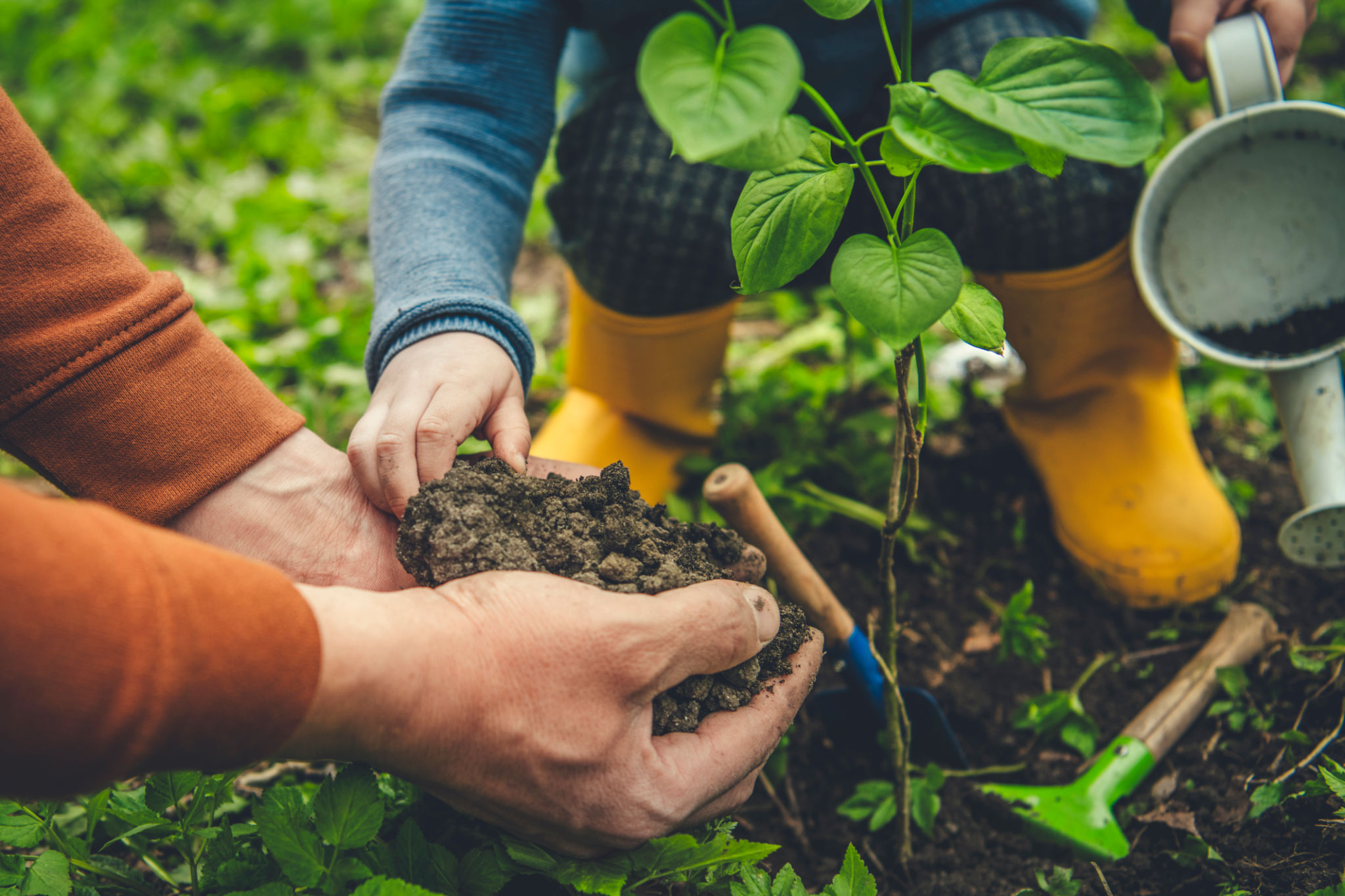Seasonal Planting Guide for Tucson: What to Grow and When
Tucson's Unique Climate
Tucson, Arizona, boasts a unique climate that presents both opportunities and challenges for gardeners. With its arid desert environment and distinct seasons, knowing what to plant and when is crucial for a successful garden. Understanding Tucson's climate allows gardeners to make the most of their efforts, harnessing the sun's power while managing limited water resources.

Spring Planting
Spring in Tucson typically begins in February and lasts until early April. It is a time of renewal when many plants begin to thrive. This is an ideal season for planting cool-weather crops such as leafy greens, carrots, and beets. These crops can take advantage of the cooler temperatures and longer daylight hours.
For those interested in adding color to their gardens, consider planting wildflowers like poppies and lupines. They not only add beauty but also attract pollinators essential for a thriving ecosystem.
Summer Harvests
As temperatures rise in late spring and early summer, gardeners can begin planting heat-tolerant crops. Vegetables such as peppers, tomatoes, and eggplants flourish in the intense summer heat. It's important to provide adequate water and mulch to retain moisture in the soil.

Herbs like basil and oregano prefer warm conditions and can be planted at this time as well. These herbs not only add flavor to dishes but also thrive in the summer sun, making them perfect for Tucson's climate.
Fall Planting
Fall offers a second chance for cool-weather crops. Starting in late September, gardeners can plant another round of leafy greens, broccoli, and cauliflower. The cooler temperatures provide an excellent growing environment without the harsh summer sun.

This season is also a great time to plant perennials such as lavender and rosemary, which will establish themselves over the winter months and be ready to flourish in the spring.
Winter Gardening
While winter in Tucson is mild compared to other regions, it still requires thoughtful planning. Frost-sensitive plants should be protected or brought indoors. However, hardy crops like kale and spinach can withstand cooler temperatures and even improve in flavor after a light frost.
Winter is also an ideal time to prepare soil for the next growing season. Adding compost and organic matter will enrich the soil, ensuring it's ready for spring planting.
Sustainable Practices
Sustainability is key in Tucson's arid environment. Implementing practices such as rainwater harvesting and using drip irrigation can conserve water while maintaining a healthy garden. Incorporating native plants into your landscape not only saves water but supports local wildlife.

By understanding Tucson's unique climate and following a seasonal planting guide, gardeners can enjoy a bountiful harvest year-round while contributing to the preservation of their local ecosystem.